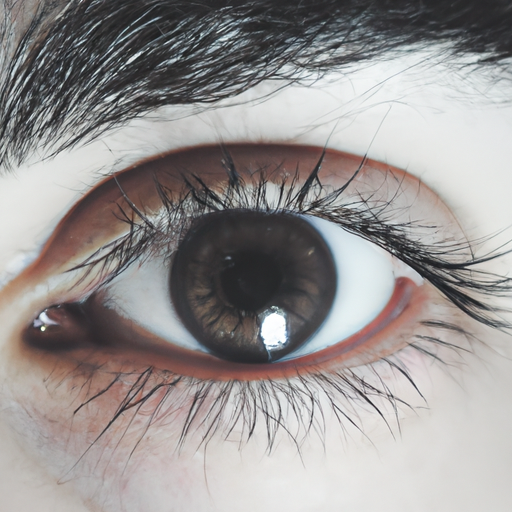As a medical professional, I often encounter patients seeking advice on a common yet distressing issue: puffy eyes. This condition, also known as periorbital puffiness, can be caused by various factors such as aging, allergies, stress, and lack of sleep. While it is generally not a cause for alarm, it can affect one’s appearance and self-esteem. Therefore, I am writing this article to provide you with an ultimate guide to conquering puffy eyes.
Firstly, let’s understand what causes puffy eyes. The skin around our eyes is the thinnest and most delicate on our body. When fluid accumulates in the space below the eyes, it leads to swelling or puffiness. This can be triggered by numerous factors, including excessive crying, hormonal changes, dietary salt intake, excessive alcohol or caffeine consumption, and certain medical conditions.
Now that we understand the causes, let’s delve into the solutions.
1. Adequate Sleep: Lack of sleep is one of the most common causes of under-eye bags. It is recommended that adults get between seven to nine hours of sleep per night. Establishing a regular sleep routine can help reduce puffiness.
2. Hydration: Drinking plenty of water helps flush out toxins from the body and reduces salt concentration around the eye area, thereby reducing puffiness.
3. Cold Compress: Applying a cold compress to your eyes can constrict blood vessels and reduce swelling. You can use a chilled spoon, cucumber slices, or a bag of frozen peas wrapped in a soft cloth.
4. Limit Alcohol and Caffeine: Both alcohol and caffeine can dehydrate your body leading to water retention and swelling around the eyes. Try to limit your intake of these substances.
5. Dietary Changes: Reducing your salt intake can prevent water retention in the body. Incorporating foods rich in vitamins A, C, and E in your diet can also help maintain healthy skin and prevent puffiness.
6. Eye Creams: There are numerous over-the-counter creams and gels available that can help reduce puffiness. Look for products containing ingredients like caffeine, which can constrict blood vessels, and hyaluronic acid, which can hydrate and plump the skin.
7. Medical Treatments: If your puffy eyes are persistent and accompanied by pain, redness, or vision changes, it’s crucial to seek medical attention. Certain medical conditions like thyroid disease, kidney disease, or allergies can cause chronic puffiness, which may require specific treatments.
In conclusion, while puffy eyes can be a nuisance, they are generally not a cause for serious concern. By implementing lifestyle changes such as getting adequate sleep, staying hydrated, limiting alcohol and caffeine intake, and maintaining a balanced diet, you can significantly reduce the appearance of under-eye bags. However, if your symptoms persist or worsen, it is essential to consult a healthcare professional to rule out any underlying medical conditions. Remember, your health is your wealth; take care of it.



